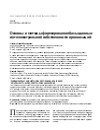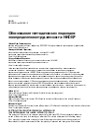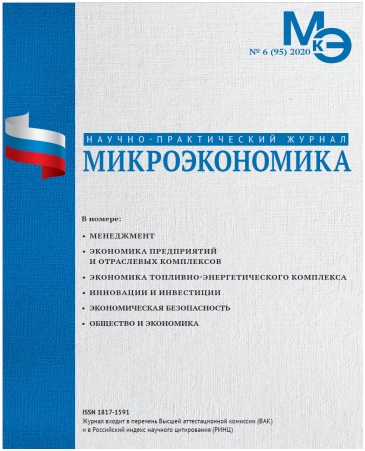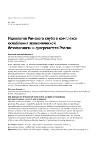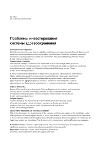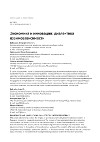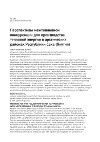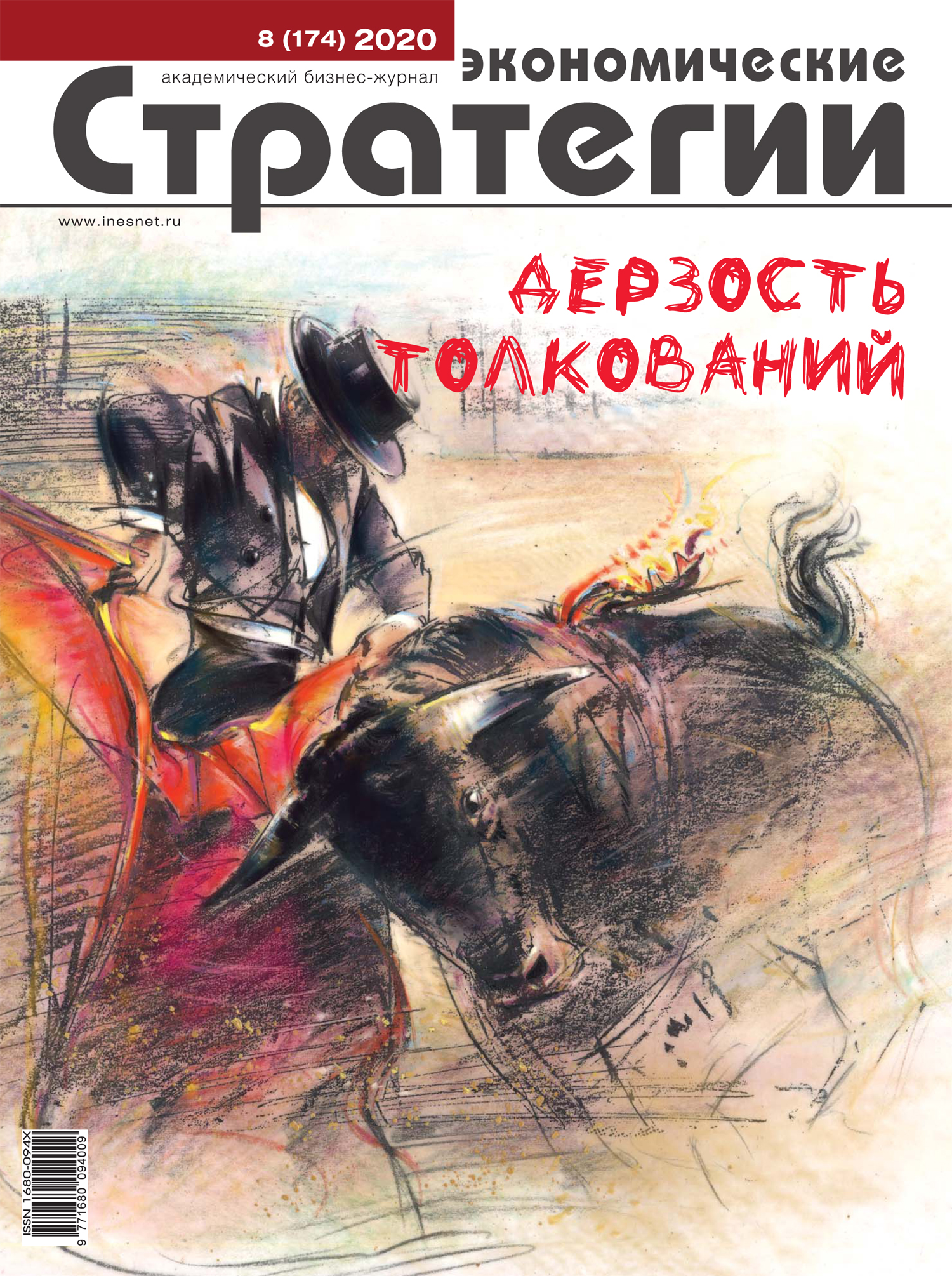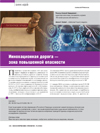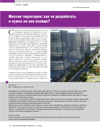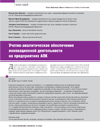Fundamentals and methods of forming a database of intellectual property of organizations
DOI: 10.33917/mic-5.94.2020.18-25
In modern economic conditions, enterprises that produce high-tech products rely on their existing competencies based on various objects of intellectual property. In this regard, the competitiveness of high-tech enterprises is directly dependent on the efficiency of the use of intellectual property. Thus, there is a problem of constructing mechanisms that allow describing intellectual property objects of knowledge-intensive enterprise and performing their information analysis, which justifies the relevance of forming the organization’s intellectual property database.



